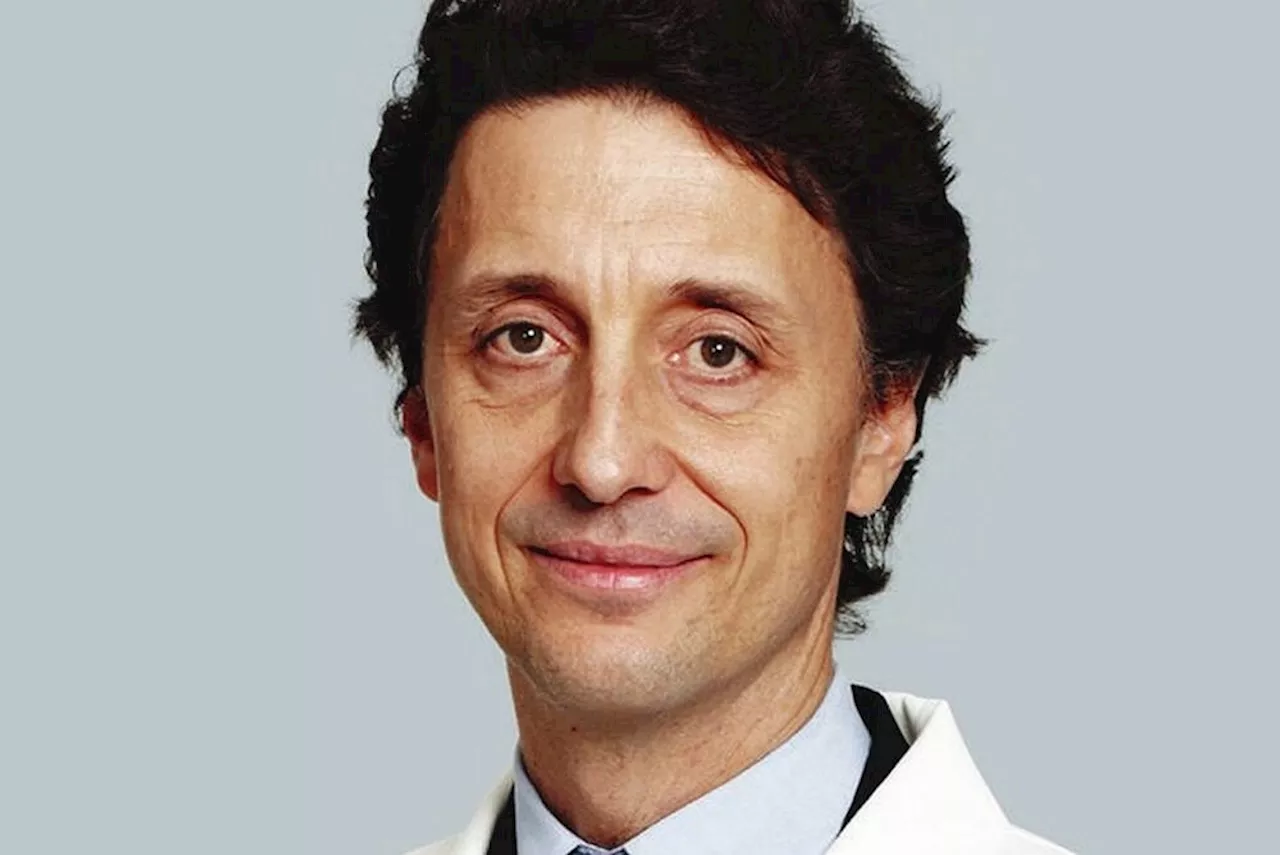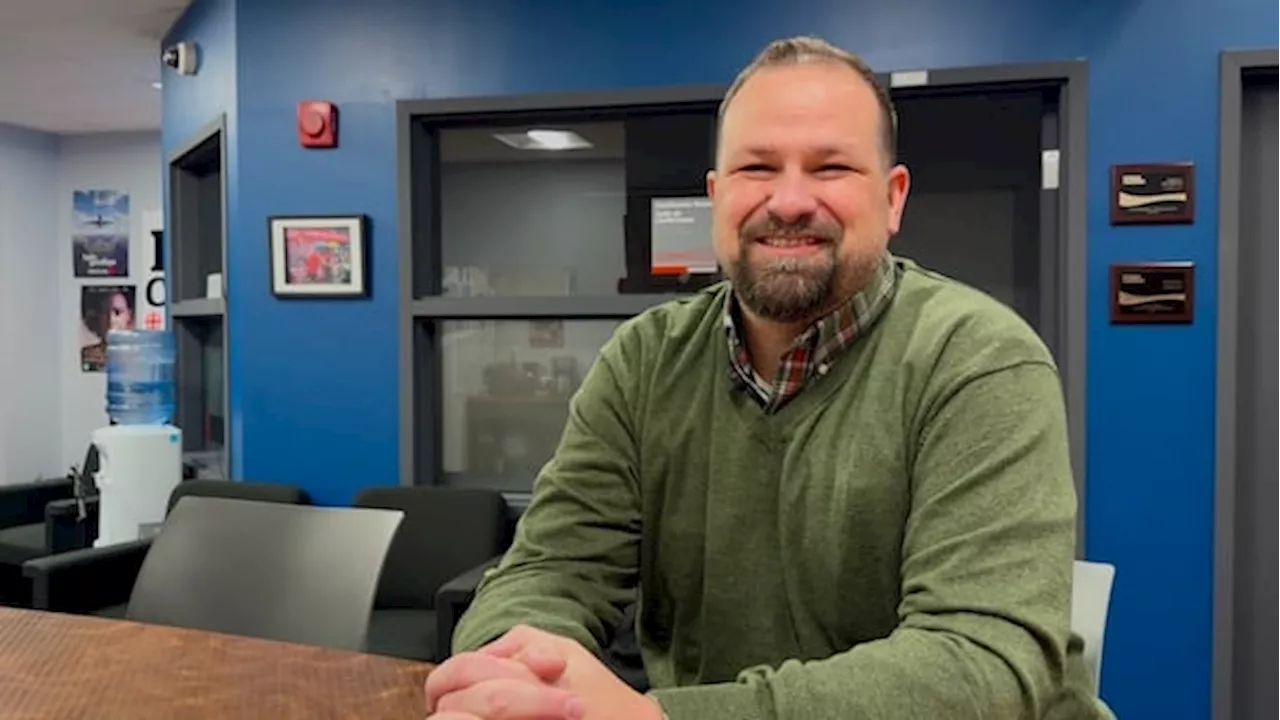Researchers at the University of Waterloo have engineered bacteria to break down microplastics, a breakthrough in tackling plastic pollution.
Researchers at the University of Waterloo in Ontario say they've made a breakthrough in introducing a new trait into bacteria found in wastewater, giving them the ability to break down microplastics. Bacteria already exist in water systems to clean up microplastics, adding they are 'biorobots that can be programmed to get the job done.
' 'What we want to do is use a natural tool, to be able to degrade the plastics,' said Aucoin on CBC K-W's Degradation of polyethylene terephthalate (PET) plastics by wastewater bacteria engineered via conjugation. The researchers use a natural process referred to as 'bacterial sex,' whereby bacteria share genetic material with each other when multiplying. ' engineering an organism to carry a transferable piece of DNA so that can all produce that tool to degrade the plastic.'- Aaron Yip, University of Waterloo PhD candidate. The engineered bacteria are able to biodegrade polyethylene terephthalate (PET), a common plastic found in carpet, clothing and containers for food and beverages, the researchers say. 'In our lab, we've shown that that protein itself can help degrade a sample of plastic by 50 per cent in about four days,' Aucoin said. Most plastics aren't recycled and last for decades. When something made of plastic does break down, it fragments into small bits known as microplastics that can and leach chemicals. Scientists categorize degraded plastic waste products by size. Microplastics are tiny particles less than five millimetres in diameter, or about the size of a poppy seed. Sources of microplastics range from the microbeads used in cosmetic and personal care products to lentil-sized plastic pellets also known as nurdles. In the observational study of more than 250 patients who were having tests for carotid artery disease, finding polyethylene in their plaque was associated with heart problems compared to those without having any plastics detected. This type of study can't show whether the tiny plastics caused the heart problems, but indicated associations. According to Aucoin, microplastics in water also enhance the spread of antibiotic resistance, 'so this breakthrough could also address that concern.'The researchers are not yet at the stage to release the engineered bacteria into the wider environment, Aucoin said. 'There's more work to be done to make this a lot more effective, but eventually the breakdown product will be essentially just like a sugar for the organism to eat,' he said. While the researchers will start with wastewater facilities, they also hope to find ways to clean up the plastic waste accumulating in oceans. What are microplastics doing to human health? Scientists work to connect the dots 'We will assess the risks of using engineered, plastic-eating bacteria in the natural environment' said Aaron Yip, a PhD candidate in the University of Waterloo's department of chemical engineering. 'Right now, microplastic degradation in wastewater treatment plants is a safer application to target. Many of these facilities are already designed to neutralize bacteria in wastewater, which would kill any engineered bacteria prior to discharging water back into the environment.'Karen Wirsig, the plastics program manager for Environmental Defence, an advocacy organization, said it's too early to be overly excited about the research. 'My first reaction is it's a bit of a pipe dream... Scientific research is so important, but when we pretend that breakthroughs in a lab are going to solve a plastic pollution crisis at the scale that we know it to be at, it's wishful thinking,' she told CBC News. 'There's probably all kinds of interesting things that the scientists can discover about how microbes can dissolve or eliminate microplastics from certain environments, , I'll be definitely watching this.' Karen Wirsig, the plastics program manager for Environmental Defence, says it's too early to be overly excited about research that sees bacteria eat microplastics. (Submitted by Lauren Thomas) Wirsig said the news from the researchers is 'interesting,' in terms of a treatment method for wastewater and sewage, which she said is full of microplastics
MICROPLASTICS WASTEWATER BACTERIA ENGINEERING POLLUTION
Canada Latest News, Canada Headlines
Similar News:You can also read news stories similar to this one that we have collected from other news sources.
 Humor as a Bridge to Mental Health: Memes Break Down Stigma and Foster ConnectionThis article explores the increasingly important role of humor, particularly memes, in addressing mental health challenges. It highlights how sharing laughter about relatable experiences can create a safe space for open conversations, reduce stigma, and encourage individuals to seek help.
Humor as a Bridge to Mental Health: Memes Break Down Stigma and Foster ConnectionThis article explores the increasingly important role of humor, particularly memes, in addressing mental health challenges. It highlights how sharing laughter about relatable experiences can create a safe space for open conversations, reduce stigma, and encourage individuals to seek help.
Read more »
 Gold gets down to work after the holiday breakThe Kitco News Team brings you the latest news, videos, analysis and opinions regarding Precious Metals, Crypto, Mining, World Markets and Global Economy.
Gold gets down to work after the holiday breakThe Kitco News Team brings you the latest news, videos, analysis and opinions regarding Precious Metals, Crypto, Mining, World Markets and Global Economy.
Read more »
 Humor Helps: Memes Ease Mental Health StigmaThis article explores how memes are being used to break down the stigma surrounding mental health.
Humor Helps: Memes Ease Mental Health StigmaThis article explores how memes are being used to break down the stigma surrounding mental health.
Read more »
 Your Good Health: Probiotics may help restore good bacteria in the gutUsing probiotics to improve the microbiome has been studied, but it’s unclear whether this translates to better outcomes for the patient.
Your Good Health: Probiotics may help restore good bacteria in the gutUsing probiotics to improve the microbiome has been studied, but it’s unclear whether this translates to better outcomes for the patient.
Read more »
 After a 15-month break from work, this actuary found a new calling in curlingPaivi Liitela ‘couldn’t stand’ her job as an actuary anymore. So, she turned her passion for curling into a new career as a curling club manager
After a 15-month break from work, this actuary found a new calling in curlingPaivi Liitela ‘couldn’t stand’ her job as an actuary anymore. So, she turned her passion for curling into a new career as a curling club manager
Read more »
 What you need to know about the holiday tax break in OntarioThe GST/HST tax breaks go into effect on Saturday, meaning Ontarians can save up to 13 per cent on some items. Here's what you need to know.
What you need to know about the holiday tax break in OntarioThe GST/HST tax breaks go into effect on Saturday, meaning Ontarians can save up to 13 per cent on some items. Here's what you need to know.
Read more »
